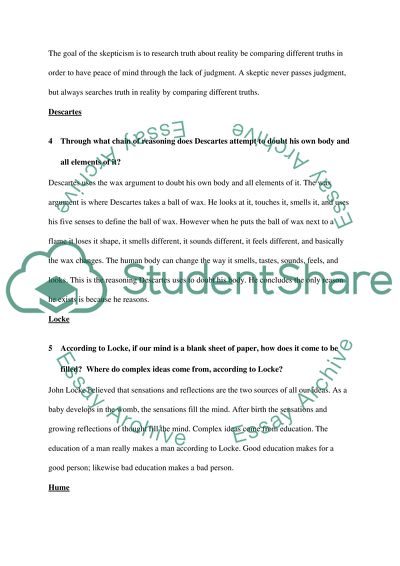Cite this document
(“Senior Philosophy Seminar Assignment Example | Topics and Well Written Essays - 3000 words”, n.d.)
Retrieved from https://studentshare.org/philosophy/1394101-essay-questions
Retrieved from https://studentshare.org/philosophy/1394101-essay-questions
(Senior Philosophy Seminar Assignment Example | Topics and Well Written Essays - 3000 Words)
https://studentshare.org/philosophy/1394101-essay-questions.
https://studentshare.org/philosophy/1394101-essay-questions.
“Senior Philosophy Seminar Assignment Example | Topics and Well Written Essays - 3000 Words”, n.d. https://studentshare.org/philosophy/1394101-essay-questions.


